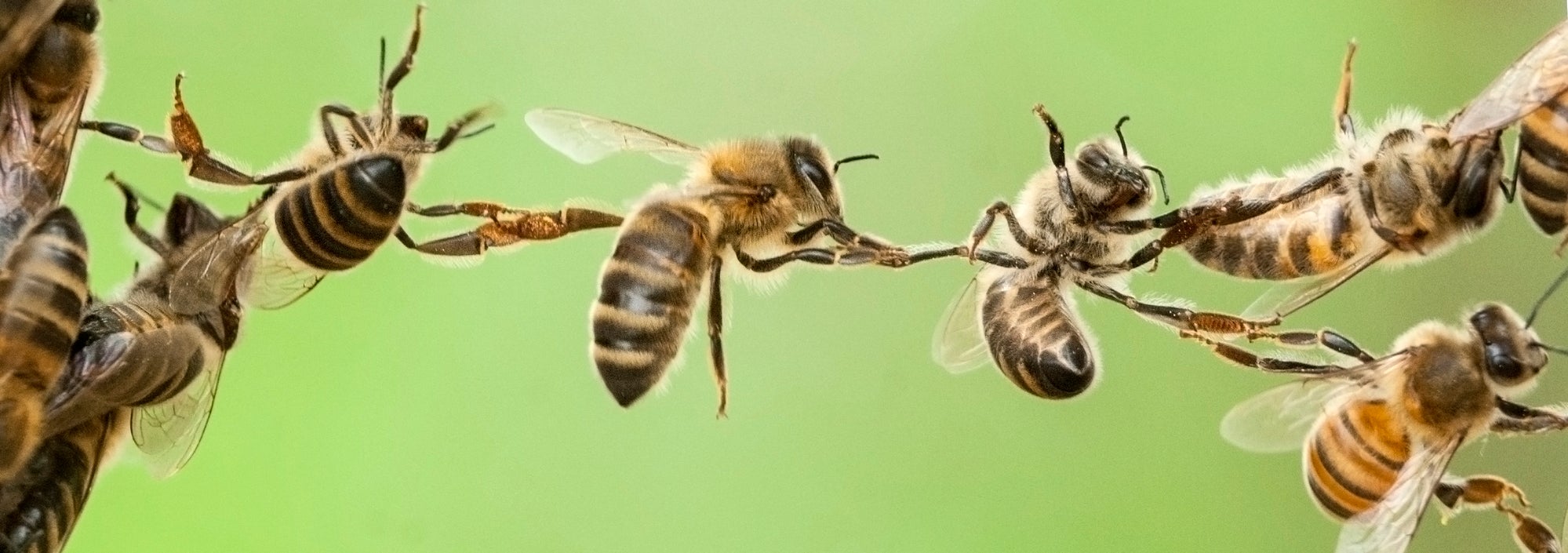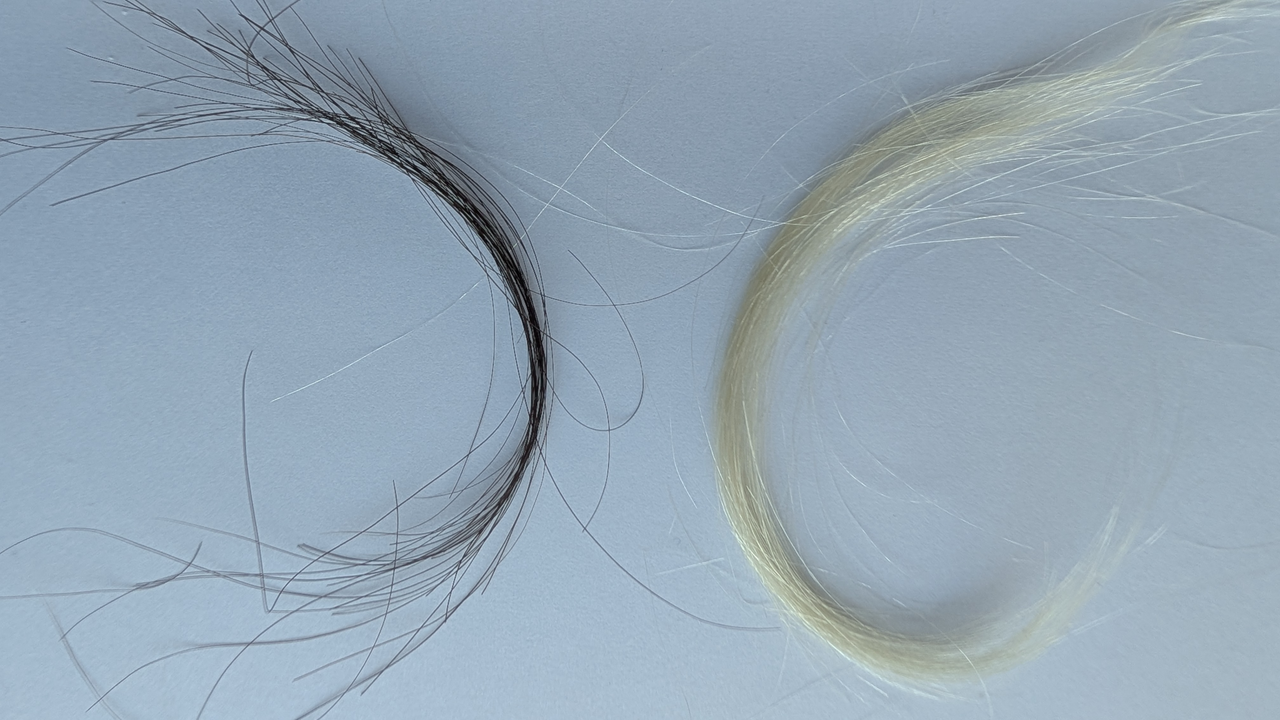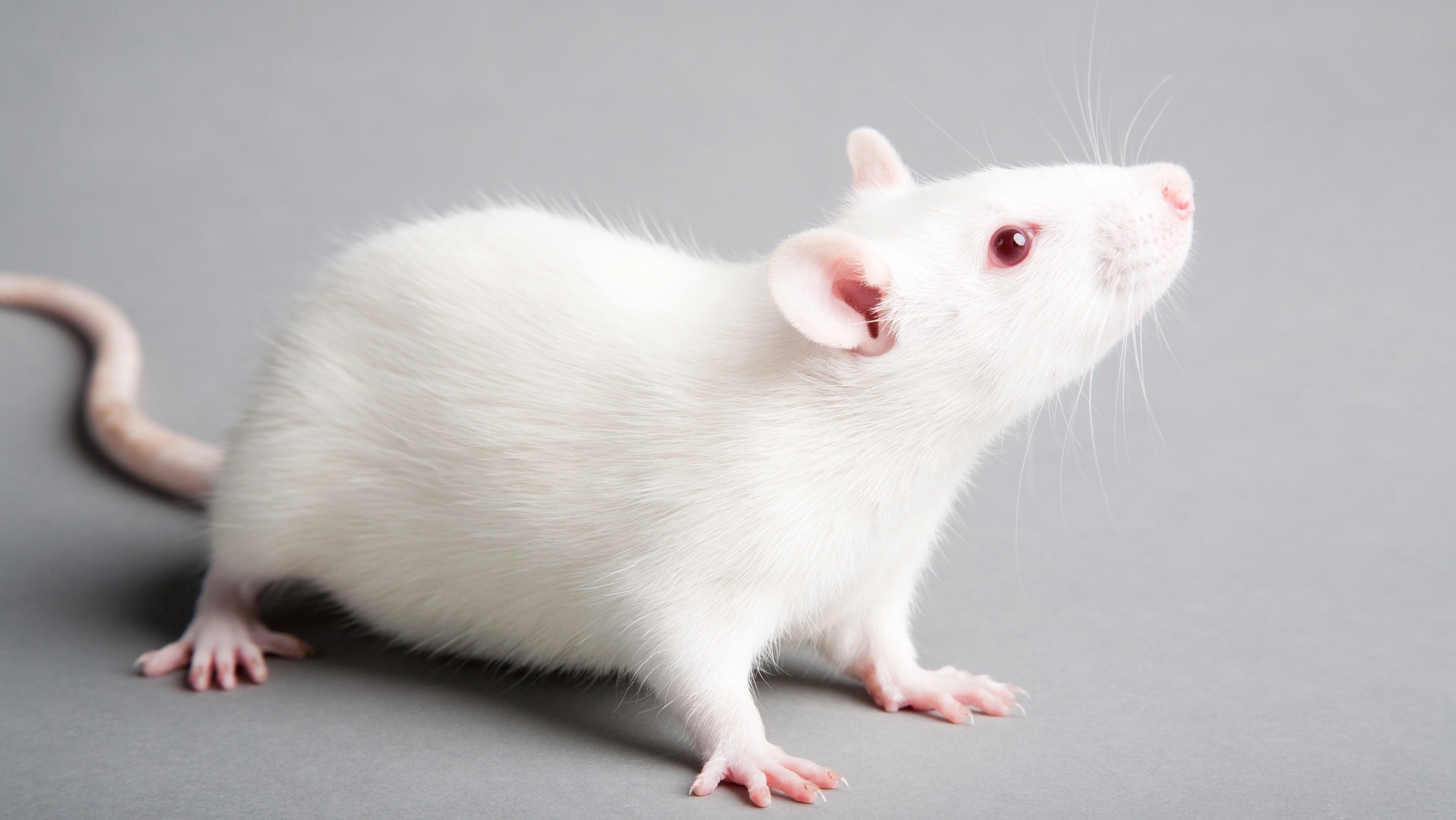Around 15 years ago, a slogan began to appear on bumper stickers, license plate holders, and tote bags: Save the bees. The sense that these pollinators—and the food system they support—were in critical condition was all-pervasive. In 2014, an online poll in the UK found that respondents ranked the decline of bees as a more serious environmental threat than climate change.
But do we still need to save the bees?
The answer is complicated: The public began worrying about bees at a time when western honeybees were dying in alarming numbers from a mysterious syndrome, colony collapse disorder. Now, their populations are much more stable. However, wild bees, which play an entirely different role in our food system and environment, are still in trouble.
Colony collapse
The recent intense focus on honeybee health began after the fall of 2006, when beekeepers from Pennsylvania began to notice that their hives were dying off over winter. “Those were colonies that had, a couple weeks earlier, looked healthy, full of strong bees,” says Nathalie Steinhauer, science coordinator of the Bee Informed Partnership, a national nonprofit that monitors honeybee populations. “And they came back and the apiary was basically just full of empty hives.” What made the event especially mysterious was that there was no discernible cause. There were no dead bees around to suggest starvation, nor traces of parasitic mites. The bees had simply vanished.
Over the winter, other beekeepers experienced the same die-offs, losing anywhere from a third to more than half of their hives. “It really acted like an epidemic,” says Steinhauer. Affected hives showed no obvious signs of stress, and scavengers strangely avoided the abandoned honey. The cluster of symptoms came to be known as colony collapse disorder, or CCD. The disorder was alarming enough that it led to a wave of research on honeybee health, including the monitoring now led by the Bee Informed Partnership.
But the last verified case of CCD occurred in 2008. Entomologists still don’t know exactly what caused this bee epidemic, but the most likely explanation is that exposure to pesticides, fungicides, and parasites made hives more vulnerable to some kind of pathogen—like a virus. “[The disorder] appears to have existed,” says Geoff Williams, president of the Bee Informed Partnership, and a bee pathologist at Auburn University. “But it just for whatever reason didn’t persist.”
Die-offs, but stability
So why is there a lingering sense that bees are still in trouble? Well, says Williams, honeybee mortality is still high—but not because of colony collapse. The term has been misapplied in the years since. CCD was a galvanizing force for bee conservation within the industry, and quickly captured public attention. Both beekeepers and the media have used the term to describe unrelated die-offs.
Bee hives can naturally collapse during the stress of winter. Entomologists don’t know what the baseline rate of collapse looked like before the 2006 CCD outbreak, because national counts only began in 2007. But over the last 15 years of data, there are no obvious trends. “On average, winter loss hovers around 30 percent,” Steinhauer says.
“Some years are worse, some are slightly better,” she says. “Overall, it’s higher than what beekeepers tell us is acceptable.”
Williams says it’s likely that honeybee losses each winter did increase over the last 20 or 30 years, before baseline data was gathered.
In the late 1980s, a parasitic mite called Varroa destructor arrived in the US. As it spread, Varroa put extra strain on hives—Williams says it’s hard to get exact numbers, but that old-time beekeepers say that they remember times when losses were about three times lower, around 10 or 15 percent. The damage from mites are compounded by the continuing spread of monocrop agriculture. Soybean farmers have taken over regions of the northern prairie, where honeybees often summer—which has reduced the variety of the bee’s diet, likely making them more vulnerable to illness. And the proliferation of neonicotinoid pesticides, which are particularly toxic to bees, adds even more stress.
Despite of winter losses, overall honeybee populations in the US have remained stable over the last 15 years, and have even grown globally.
The key to understanding how populations can be stable through losses is to recognize that honeybees are a domestic species. They’re more like cattle than butterflies. Every year, American farmers spend hundreds of millions of dollars to rent honeybee hives to pollinate almonds, blueberries, cherries, and more. To get there, the hives travel across the country on the back of semi-trucks, usually following the growing season from Florida to California.
Losing hives can devastate a beekeeper (“picture 30 or 40 percent of cows or chicken dying every winter,” Williams says) but they can be regenerated.
Honeybee hives reproduce by fission, a lot like the way a cell divides. In the spring, a healthy queen can fly away with half of the workers to form a new hive, leaving queen-eggs behind to pick up the baton in the original colony. A beekeeper can start this process manually, but it takes time, cutting into the bottom line.
So the pressures on honeybees have real stakes for the livelihoods of beekeepers, and possibly the food system more broadly. In theory, a bad year could knock out enough honeybees to screw up fruit harvests across the country. But honeybees aren’t at risk of dying off and leaving entire ecosystems without pollination.
Wild bees
Western honeybees are just one of hundreds of bee species in North America. Threats to domestic honeybees also hit wild bees, which don’t have farmers nursing them back to health.
And this is where the slogan “save the bees” becomes confusing. While honeybee populations are currently stable, wild bees and other pollinators, including flies and moths, are in immediate trouble. The loss of these pollinators have ramifications for both agriculture and ecosystems.
Of the 46 species of bumblebees in North America, more than a quarter are in decline or threatened, says Jess Tyler, who works on pollinator conservation and science with the Center for Biological Diversity. “If bumblebees are representative of bees at large, that could be hundreds that are in decline, potentially,” he says. The data on wild bees is fairly sparse in comparison to honeybees, but plenty of once-common species, like the rusty-patched bumblebee, have been reduced to tiny remnant populations.
Both wild bees and domestic honeybees are critical in our food supply—one study estimated that wild pollinators provide roughly the same crop value as domestic honeybees. Honeybees aren’t especially efficient pollinators, especially for North American crops like tomato and sunflower. They’re used because they’re portable, easy to breed, and convenient for farmers who need pollination on a schedule. (Over the last 50 years, apiarists have tried to get the best of both worlds by domesticating new species, like the eastern bumblebee and the solitary blue orchard mason bee.) The benefits of wild bees go beyond agriculture: They also pollinate native plants, creating the backbone for diverse, non-agricultural landscapes.
Wild and domestic bees require different kinds of support. And wild bees might need to be protected from domestic honeybees. Honeybee hives, for instance, can drive other bee species off of flowers after they’re done pollinating a crop. Even when they don’t compete, they can pass along diseases. “Honeybees are very messy,” says Tyler. “They’ll poop on flowers, and if another bee visits the same flower it can pick up a virus.”
As a 2018 commentary in Science pointed out, some efforts to shore up honeybee populations that put hives in wildland far from crops might have actually hurt other types of bees.
According to another provocative commentary in the Journal of Insect Science earlier this year, honeybees are both a victim and driver of intensified agriculture. The author concludes that focusing on mites, malnutrition, or CCD as individual causes of honeybee decline misses the bigger picture. They’re actually suffering from industrialization, the model of farming that relies on large monocultures and off-farm inputs, like pesticides, fertilizers, seeds—and domestic pollinators.
“Honeybees are livestock,” says Tyler. “They’re cared for by humans. Their health is the result of what humans do to them.” And when industrial farms bring in high densities of honeybees, it might be inevitable that they will get sick.
Steinhauer thinks that while this framing is useful for understanding the problem, it shouldn’t be used to dismiss the struggles of working beekeepers. “In a lot of entomology departments, we are trying to improve industrial agriculture,” she says. Her work with Bee Informed Partnership pushes to reduce pesticides or improve farm diversity to improve the health of bees even within industrial farm contexts. “That’s going to be helping beekeepers next year.” She also points out that non-agricultural forces, like suburban construction and lawn chemicals, put pressure on both wild and domestic species.
If the critique from the Journal of Insect Science is right, more diverse, less chemical-drenched farms would make for healthier honeybees. Farms just might not need as any of them, because they’d also have wild pollinators.

















